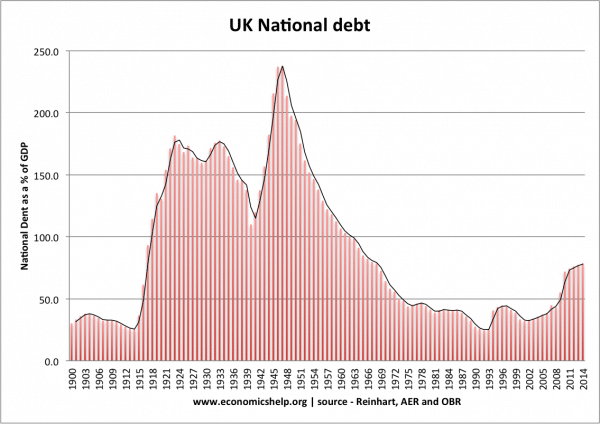- Visitors can check out the Forum FAQ by clicking this link. You have to register before you can post: click the REGISTER link above to proceed. To start viewing messages, select the forum that you want to visit from the selection below. View our Forum Privacy Policy.
- Want to receive the latest contracting news and advice straight to your inbox? Sign up to the ContractorUK newsletter here. Every sign up will also be entered into a draw to WIN £100 Amazon vouchers!
Collapse
You are not logged in or you do not have permission to access this page. This could be due to one of several reasons:
- You are not logged in. If you are already registered, fill in the form below to log in, or follow the "Sign Up" link to register a new account.
- You may not have sufficient privileges to access this page. Are you trying to edit someone else's post, access administrative features or some other privileged system?
- If you are trying to post, the administrator may have disabled your account, or it may be awaiting activation.
Logging in...
Previously on "How do we end the World's addiction to debt?"
Collapse
-
Not to mention the huge destruction of capital resources during the wars, but also the release of labour and capital back into the private sector in their aftermath.
-
I think there was a bit of building work wanted doing....Originally posted by d000hg View PostWouldn't GDP also have slumped a lot immediately post war? During the war, GDP would be high due to all the war-time manufacturing costs and massive armed forces employment?
Leave a comment:
-
It has led to price inflation - asset price inflation. It certainly has resulted in monetary supply inflation.Originally posted by BrilloPad View PostThere is $22trillion in offshore accounts - about the size of the US economy.
Its the only reason that QE has not lead to inflation - the rich have it all stashed away.
As for borrowing being beneficial, it is when not heavily artificially subsidised and 'stimulated' by governments and their central banks, which just increase financial system volatility and fragility for the benefit of the few.
Leave a comment:
-
Looks similar to climate change graphsOriginally posted by VectraMan View PostSeems to have taken a big jump in 1914 and 1939. Did anything significant happen in those years?
Leave a comment:
-
Wouldn't GDP also have slumped a lot immediately post war? During the war, GDP would be high due to all the war-time manufacturing costs and massive armed forces employment?Originally posted by BlasterBates View PostIndeed...
1914 - 1918 was the Great War and the government had to borrow a lot of money and 1939-1945 was the second world war; when Germany invaded Poland in 1939, Britain declared war against Germany. During this period they had to borrow a lot from the USA.
Leave a comment:
-
FTFYOriginally posted by BlasterBates View PostIndeed...
1914 - 1918 was the Great War and the government had to borrow a lot of money and 1939-1945 was the second world war; when Germany and Russia invaded Poland in 1939, Britain declared war against Germany. During this period they had to borrow a lot from the USA.
Leave a comment:
-
Indeed...Originally posted by VectraMan View PostSeems to have taken a big jump in 1914 and 1939. Did anything significant happen in those years?
1914 - 1918 was the Great War and the government had to borrow a lot of money and 1939-1945 was the second world war; when Germany invaded Poland in 1939, Britain declared war against Germany. During this period they had to borrow a lot from the USA.Last edited by BlasterBates; 4 March 2015, 11:37.
Leave a comment:
-
Leave a comment:
- Home
- News & Features
- First Timers
- IR35 / S660 / BN66
- Employee Benefit Trusts
- Agency Workers Regulations
- MSC Legislation
- Limited Companies
- Dividends
- Umbrella Company
- VAT / Flat Rate VAT
- Job News & Guides
- Money News & Guides
- Guide to Contracts
- Successful Contracting
- Contracting Overseas
- Contractor Calculators
- MVL
- Contractor Expenses
Advertisers







Leave a comment: